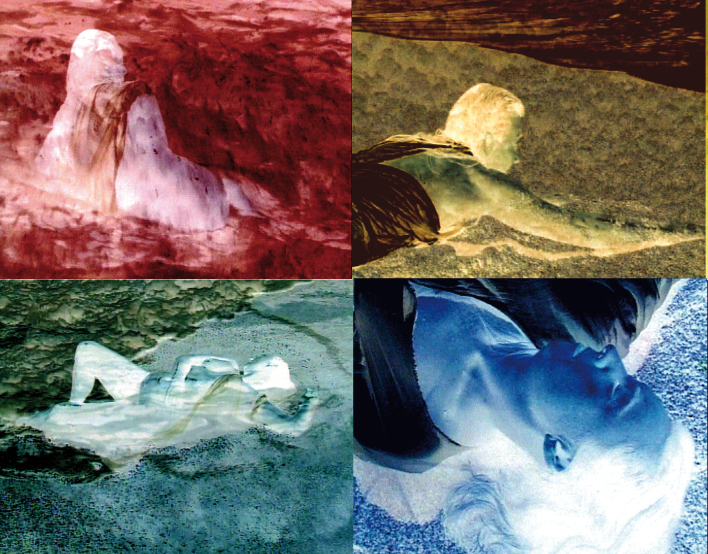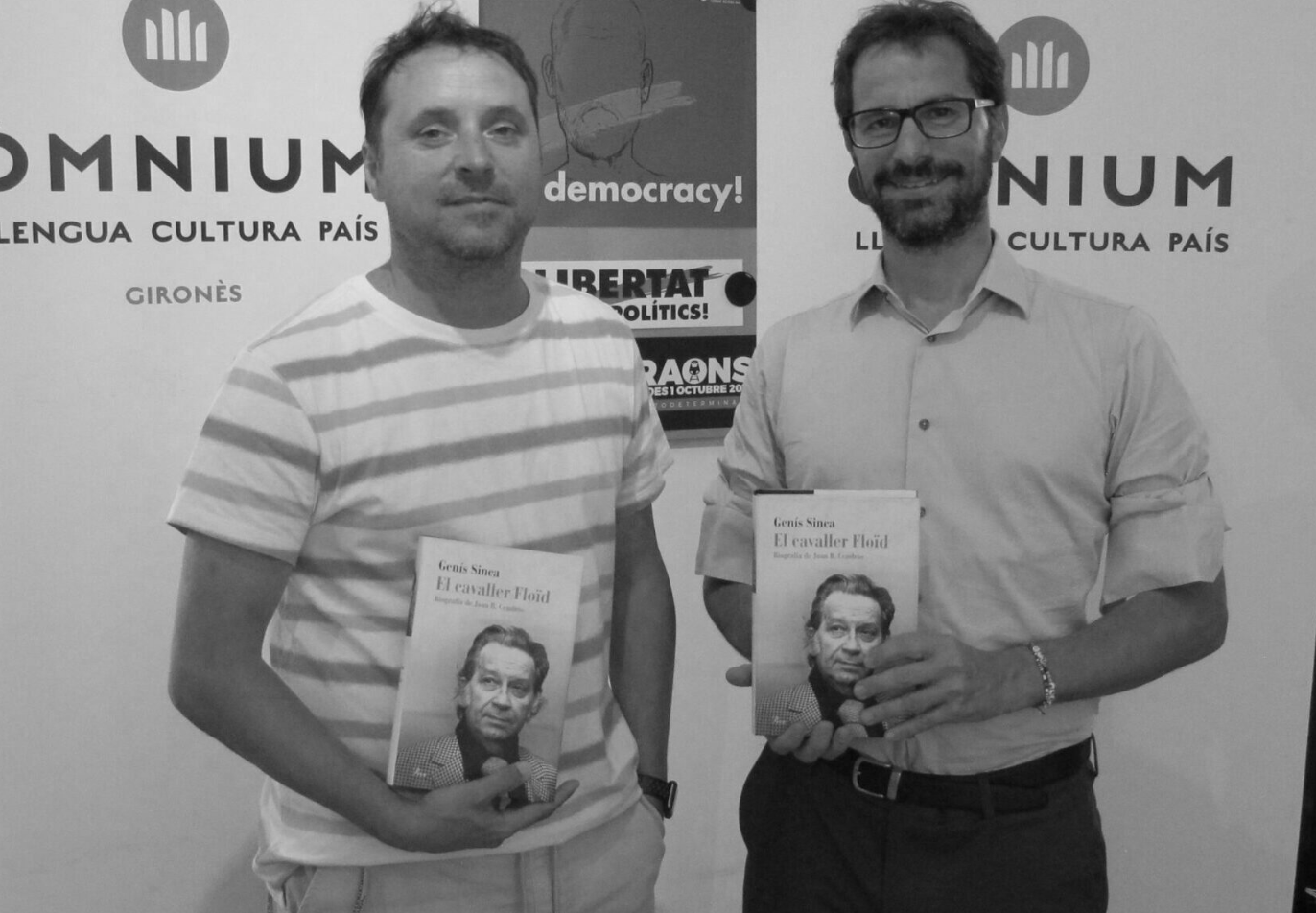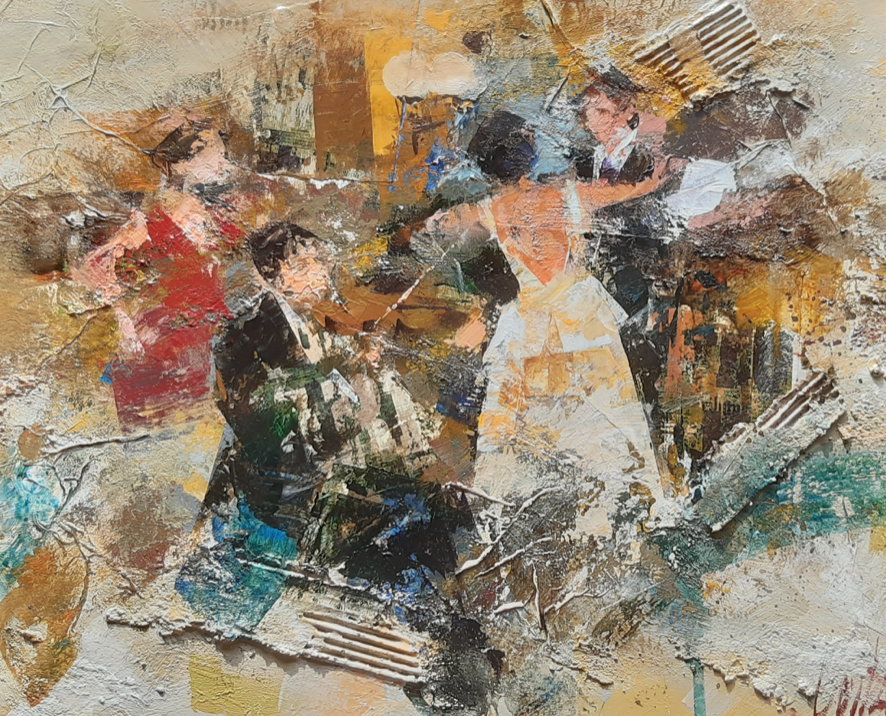Opinion
tourists

They have destroyed the coast. Everything is overcrowded. Traveling is not what it used to be. Flying by plane, too, has lost its glamour. And then there is the matter of the carbon footprint. Not everyone can travel anywhere. A control must be established. Limit access to beaches, perhaps only accessible by boat. And increase the prices of plane tickets. These are common arguments and expressions in the discussion about the relationship between tourism and sustainability. Through them slips a mixture of legitimate ecological concern with a hipster attitude that is allied to the vindication of luxury and exclusivity. So sustainability seems like an argument or an excuse to reclaim travel space for those who can afford it. It is clear that one of the most visible changes of the 21st century has had to do with the popularization and democratization of travel. In other words, with the fact that large sectors of the population that for class reasons had not been able to travel, we have done so in the last twenty-five years. And with fruition. And we've rented apartments, taken flights, and visited faraway countries.
It is impossible to separate the debate about tourism and its relationship with sustainability from the class struggle, simply because many of the arguments used in this regard have to do with blaming the democratization and popularization of travel for the destruction of the planet: the second homes (working class utopia of social progress), package tours, balconing , nightclubs and cheap alcohol (Pulp's Jarvis Cocker sang in Common People that one of the working class's few options is to get drunk -se and fuck at the weekend) or low-cost flights. It seems that the only solution to sustainable tourism is to return to exclusivity: electric cars are twice as expensive as any utility vehicle, boats to get to the beaches, end of the low cost...
Art has always been a good place to be able to establish a mirror from which to reflect on historical and social processes. It can also be useful here. And I am not referring to artistic productions dedicated to thinking about the relationship between tourism and sustainability, but to the very structure of art as a mirror. Perhaps there are only small symptoms, but it would be appropriate to ask ourselves if in art we are also witnessing a movement of reappropriation of artistic production, as an exclusive object, with meetings and exhibitions in exclusive places linked to the leisure of the Catalan bourgeoisie ( in our case) and that begin to dismiss as a historical matter those forms of art that were thought of from a possible democratization, from the destruction of the art object and its secularization. The question is: in art, as in the discussion between tourism and sustainability, are we witnessing a reactionary process of reappropriation of the space of culture by social elites?
In the image: Eugenia Balcells. Becoming, 2007. Courtesy of the Vila Casas Foundation.

.png)







